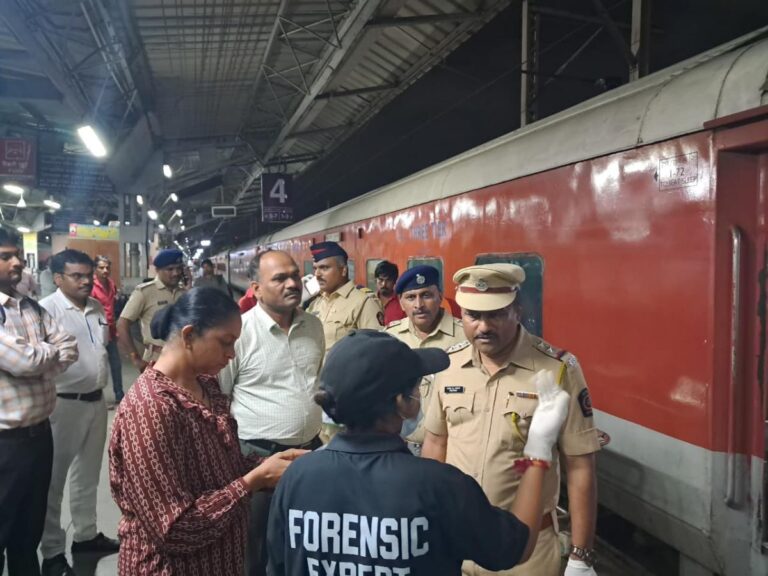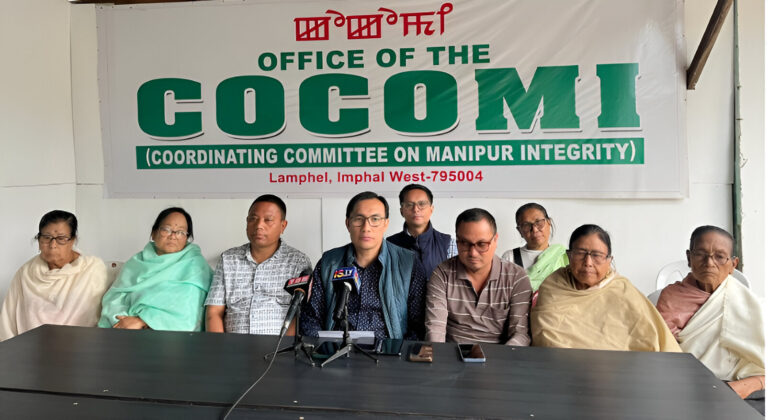How ₹14 Lakh Worth Contraband Was Intercepted Near Indo‑Myanmar Border
Short Summary
A major crackdown along the Moreh–Chandel route in Manipur’s Tengnoupal district resulted in the seizure of contraband tobacco products worth approximately ₹14 lakh by the Indian Army and Assam Rifles. Acting on credible intelligence, security personnel intercepted a vehicle near ROP Picket No. 18 and uncovered 28 packages containing around 14,000 boxes of Win Win cigarettes—each box holding 20 sticks—likely smuggled from Myanmar. One person was arrested, and the contraband, vehicle, and suspect were handed over to local authorities for further investigations
In‑Depth Report:
1. Welcome to the Wild Frontier: A Snapshot of Border Tensions
Picture the dense, forested terrain along the Indo‑Myanmar border—rugged, remote, and a notorious hotspot for cross‑border illicit trade. It’s here, near the Moreh–Chandel road in Tengnoupal district, that security forces are constantly locked in a strategic game of chess with smugglers. In the past 24 hours, the Indian Army and Assam Rifles executed a decisive move, intercepting a vehicle laden with contraband tobacco worth ₹14 lakh .
2. The Operation: Planning, Precision & Patrol
- Reliable Intel: The interception was fueled by credible intelligence highlighting suspicious cross‑border vehicular movement.
- Tactical Location: The Moreh–Chandel route, a key artery connecting Myanmar with India’s interior, has historically been a hub for illegal imports.
- Picket No. 18: Known formally as the Road Opening Party picket, this location near a local football ground serves as a vigilant checkpoint.
- The Interception: Security forces flagged down a vehicle bearing registration MN01AS4250, closely monitoring it before a thorough search.
The synchronized effort by the Army and Assam Rifles reflects the seamless coordination at the operational level.
3. Contraband Confiscated: Breaking Down the Seizure
During the search, authorities discovered:
- 28 sealed packages
- 14,000 boxes of “Win Win” branded cigarettes
- 1 pack = 20 sticks, making it a total of 280,000 sticks
- All items estimated at a street value of ₹14 lakh
Why Win Win Cigarettes?
Win Win is widely regarded as a smuggler’s favorite across Southeast Asia, especially in border regions. Their low cost and high popularity ensure rapid turnover and lucrative margins in markets like Manipur.
4. From Myanmar to Manipur: Smuggling’s Common Route
The porous Indo‑Myanmar border spans hundreds of kilometers, with minimal fencing and difficult terrain. This geography is ideal for bootleggers trafficking anything from timber and narcotics to tobacco—like what was found in this case.
Traditionally:
- High-value items like drugs and weapons are smuggled through dense forests.
- Lower-value goods such as cigarettes and timber are moved via vehicles or pedestrian routes.
All operations rely on mallitu ralli (local motley networks).
Recent seizures highlight an alarming diversification:
- Contraband tobacco, illicit timber, narcotics—multiple flows feeding off one ecosystem.
- Only months ago, ₹2.84 crore worth of drugs were seized in Churachandpur
5. Why Is Tobacco Worth ₹14 Lakh a Big Deal?
You might ask, “Isn’t tobacco everyday stuff?” Absolutely—but here’s the catch:
a) Business of Scale
- ₹14 lakh is just the retail valuation. Street-level profits often outrank this significantly.
- Portability and catching small opportunities make cigarette smuggling profitable and low-risk.
b) Gateway for Criminal Enterprise
- These smuggling channels are often dual-purpose: not just cigarettes, but also timber, heroin, pseudoephedrine, and more. Smugglers diversify, hopscotching across contraband variants
c) Undermined Governance & Public Health
- Smugglers corrode local law enforcement credibility.
- Local markets are flooded with cheap, unregulated tobacco—facilitating health risks and tax evasion.
6. One Arrest—Many Questions
A single person was detained from the vehicle, but this arrest raises numerous questions:
- Is this a small-time courier or part of a bigger network?
- Who financed the contraband?
- Where was it heading—local markets or further inland?
- What happened to the driver—coerced or complicit?
The transfer of all seized items to investigative authorities marks the beginning of a deeper probe that could unravel larger criminal webs.
7. The Wider Picture: Illegal Trade Steady in North‑East
News from the broader northeast region indicates:
- ₹2.84 crore in drug seizures in Churachandpur
- Large-scale timber seizures recently—₹14.4 lakh worth in previous operations
- Cross-border drug busts in Manipur and Mizoram totaling ₹5.7 crore in narcotics
Together, it paints a landscape of robust smuggling ecosystems using the same routes for multiple contraband types.
Final Thoughts: Why the ₹14 Lakh Seizure Matters
This incident isn’t just another statistic—it’s a barometer. It shows that illicit commerce along the Indo‑Myanmar boundary is not only persistent but evolutionary in nature. As authorities clamp down on one commodity, the criminal apparatus shifts to others, seeking profit and exploitation.
Stopping one vehicle full of cigarettes might seem small—but it’s a statement: “We’re watching, we’re closing in.” This vigilance is essential for national security, health, and socio-economic stability in border communities.
Frequently Asked Questions (FAQs)
1. Why is cigarette smuggling profitable?
Because of low production costs, high demand, hefty tax evasion, and compact transport, illegal cigarettes yield high returns for smugglers.
2. What role does local intelligence play in these operations?
Crucial! Timely and accurate local intelligence enables security forces to execute precise interdictions.
3. Are there signs of smuggling in other nearby states?
Yes—there are ongoing large-scale seizures of drugs and timber in Mizoram, Manipur, and surrounding areas.
4. What happens to the arrested individual?
They’re handed over to civil authorities, where charges under the relevant sections of India’s NDPS or Customs acts are filed. The investigation deepens from there.
5. Can smuggling end completely?
While full eradication is unlikely, robust enforcement and socio-economic reforms can significantly diminish illicit trade’s scale and profitability.




